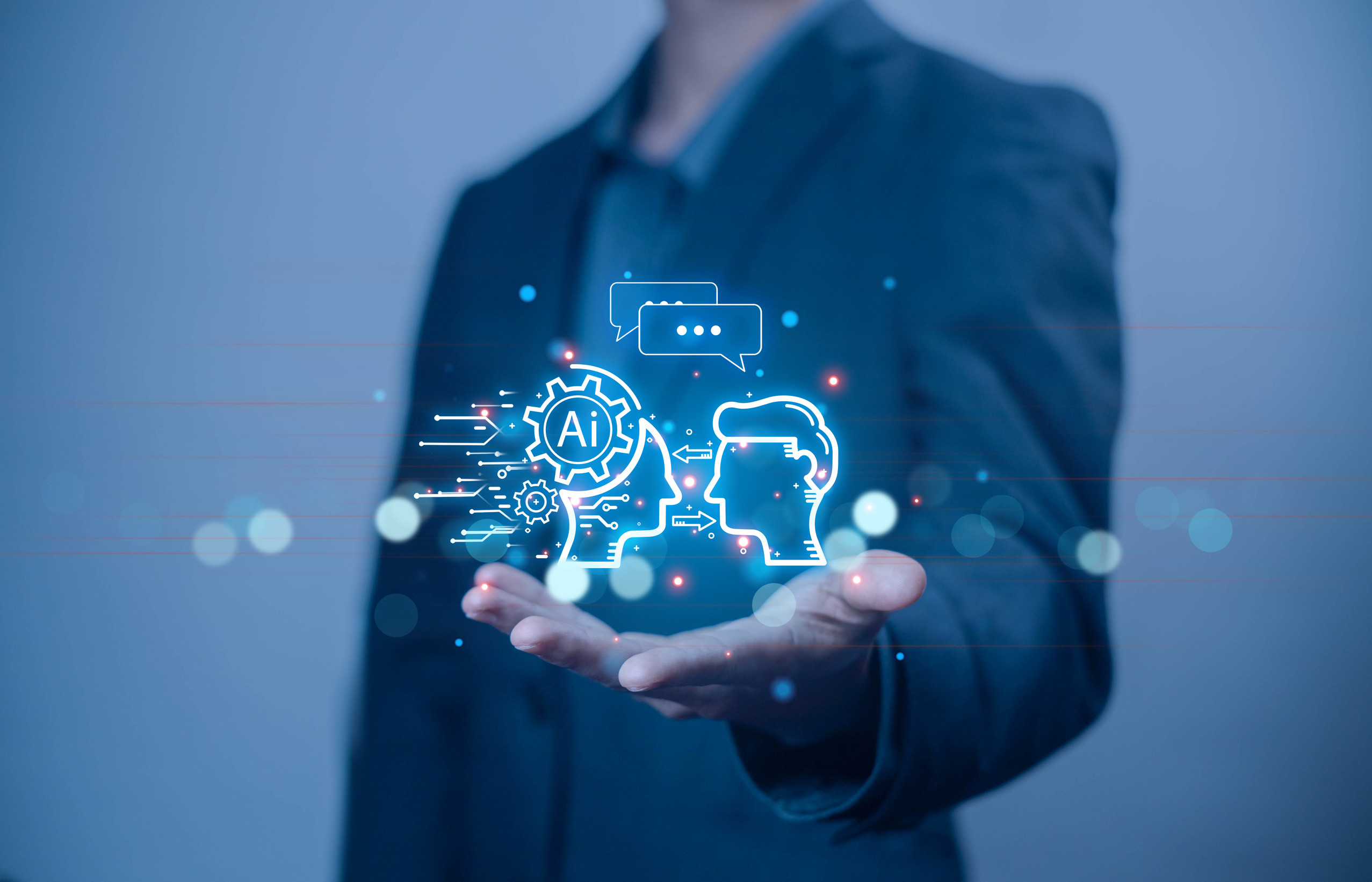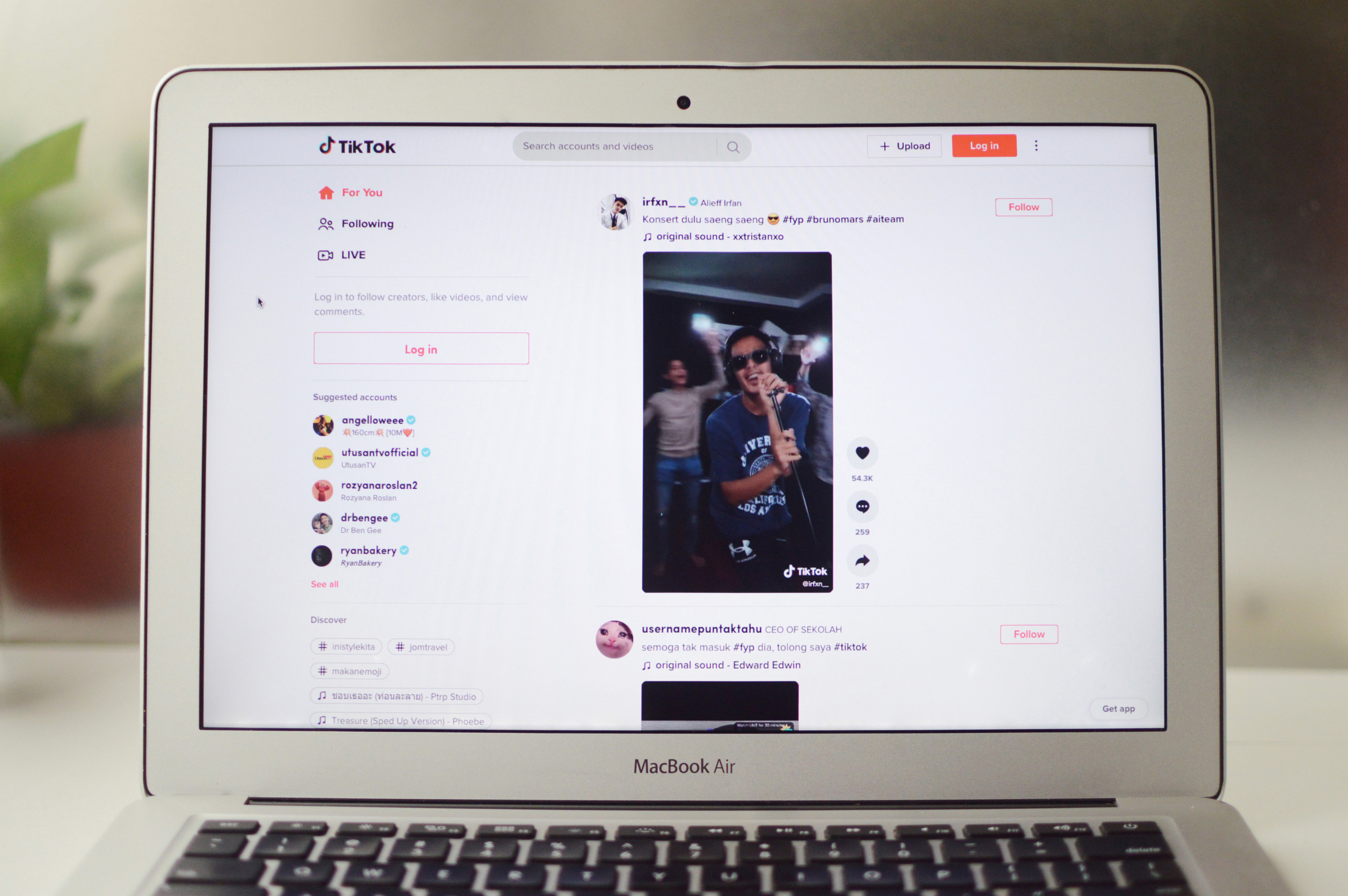HRM Five: Why emotional intelligence is a vital metric for hirers
- HRM Asia Newsroom

The World Economic Forum’s Future of Jobs Report 2018 highlights the key skills that employees will need to develop and hone to succeed in the workplace. It suggests that, alongside learning how to work with new technologies, ‘human’ skills like emotional intelligence (EI) will see an “outsized increase in demand relative to their current prominence” by the year 2022.

That raises an important question about the role of educators and employers, and whether enough emphasis is being placed on these human (softer) skills over more typical traits and performance indicators. In the past, schools and corporates have often valued more traditional ideas of intelligence.
Here are five reasons they should take another look at EI specifically:
1. Ease workplace tension for better collaboration
Individuals with higher EI tend to be better at reading other people and their emotions. This helps them communicate more effectively with colleagues, and allows employers to foster more open communication channels and a collaborative environment, as team members work together openly and without tension.
2. Encourage self-awareness for workplace positivity
By recognising one’s own emotions, individuals can help create positive working experiences for others. Acceptance and understanding will improve motivation across the team and, in turn, productivity. By understanding their own triggers and feelings – particularly negative ones – they facilitate a more rounded environment for all.
It’s important to encourage individuals to practice self-awareness. HR teams can help them by offering the right knowledge and tools: teaching them how to practice mindfulness, for example.
3. Mentor for success
Through mentoring programmes that integrate interpersonal coaching and social skills training, more experienced colleagues can show juniors the ropes of navigating work and people’s emotions. We’ve found that employees with higher EI are typically more receptive to feedback, and tend to take it as constructive criticism, instead of allowing it to negatively affect their self-confidence.
4. Offer the right training
When working on new staff training programmes, HR departments need to consider modules around EI and offer employees the opportunity to attend training outside office settings. Companies should then encourage employees to share their learnings from these sessions with other staff too, as they can be beneficial in both their professional and personal lives.
5. Embrace technology to boost emotional awareness
To give employees a better understanding of their emotional intelligence, companies can also look at implementing technologies that collect data about social and emotional states at work. For example, some tools can track the use of positive and negative words in conversations, which can help employees understand how they interact with others and to make them more aware of their behaviors and language. As this may come across as intrusive, companies may need to think about opt-in and opt-out options, as well as how they can implement this in the best way possible in a trusting and developmental culture.
As technology continues to change the work tasks people perform and the dynamics of how staff interact within a workplace, increasing importance will be placed on human qualities. While traditional notions of intelligence (intellectual horsepower) will remain critical, it’s important for companies to equally weigh emotional intelligence in order to stay competitive – and collaborative – in the face of changing stakeholder expectations.
Professor Aarti Ramaswami is Deputy Dean, ESSEC Asia-Pacific, Global MBA Academic Director, Professor of Management, ESSEC Business School.






